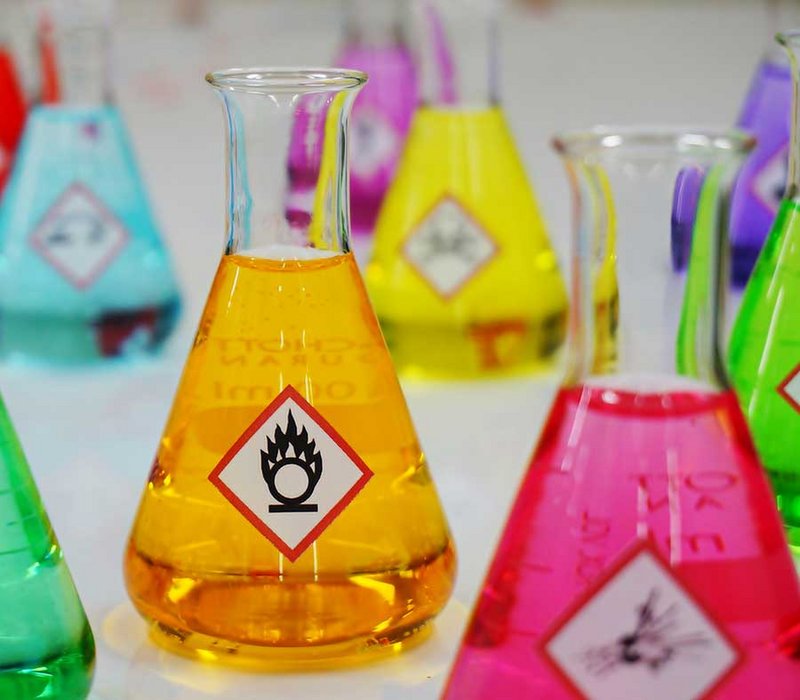Fluid Susceptibility Testing examines the impact of a variety of fluids/substances on the tested product. These tests help manufacturers to determine whether materials used in equipment can withstand the harmful effects of fluid contaminants.
These tests are recommended for devices to be operated in places where a contamination by liquids is likely to occur.
Equipment is contaminated with liquids or substances typically used in airborne and ground activities, such as oils, fuels, insecticides, de-icing agents, cleaners, disinfectants, extinguishing agents, coolants and beverages, to ensure that the equipment functions properly in the given situation.
After testing, physical, chemical, and electrical characteristics are examined. The fluid susceptibility testing process is influenced by several factors, such as the fluid utilized and the standard. Contamination can be carried out by immersion, spraying or brushing.
Interior materials, such as plastics and textiles, must be resistant to common spills and cleaning solutions to retain their integrity and aesthetic appeal. Aviation components must adhere to a variety of worldwide, national, and industry-specific standards for aerospace and defense. Commercial avionics standard RTCA DO-160 (Environmental Conditions and Test Procedures for Airborne Equipment), UK Ministry of Defence standard DEF STAN 00-35 and US military standard MIL-STD-810 are all examples of this.

Our fluid susceptibility testing service complements an extensive list of existing services, such as environmental simulation, EMC testing, and lightning testing. By using one single test facilty, manufacturers can simplify their testing programs and reduce the time for new products to reach market maturity.
Our fluid susceptibility testing is designed to ensure that your goods are set up for any eventuality, ensuring that they remain functioning. But not only the functionality of the test object must be observed, also the the labels attached to it must not be damaged or illegible.